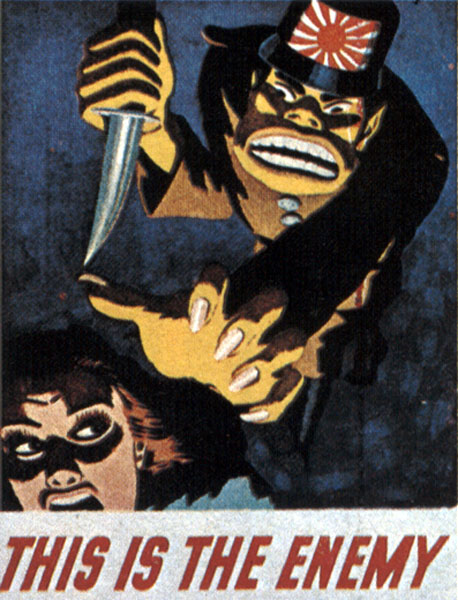I appreciate that we are all very busy; any comments are helpful. I’ve got to try to get my butt onto Wave so I don’t look ungrateful/selfish.
****
A fever is the body’s natural defense against illness. That is to say, detected illness. Anything that slips by unnoticed, including many parasites, may not be subject to the unwelcome sauna of the body’s rising temperature.
nerbiotxiste posed the question on plurk: is human pregnancy parasitic? I would say that depends on the host. Unwanted pregnancy is; the baby is feeding but the mother gains nothing, in fact she loses nutrients and confidence and hope. In the case of miscarriage I could argue the pregnancy was parasitic, but the host and the parasite are interchangeable here. Sometimes a mother’s body cannot handle the stress of a baby, and in this case the fetus was parasitic as in an unwanted pregnancy, though the mother might well be devastated by the loss of the child. And sometimes a baby cannot live in the conditions of a mother’s body: perhaps one with an unhealthy lifestyle who over- or under-eats, who is alcoholic, who is addicted to drugs, and in that case I believe the mother is the parasite, taking over the baby’s body.
There are even cases of in-utero (more accurately, in-fallopian) mummification of fetuses. A woman was pregnant and went into labor lasting quite a few days. The pains stopped and the woman never delivered. It was an ectopic pregnancy, but she did not know it. (All this is from http://www.yourdiscovery.com/ontv_shocking/index.shtml) I’ve seen the show; the mother’s immune system treated the fetus as an organ, which sounds pretty docile. I feel her body actually attacked the fetus (likely having died as a result of not coming through the birth canal after several days of effort) as an invader, a parasite, and calcified it to render it useless. The immune system may have acted independently of the mother: whether or not the mother wanted the baby is inconsequential, as her body decided for her, and there may have been no external or internal way to influence that decision. She could have died from the pregnancy or the labor, but the body decided it was going to fight.

Humans are vulnerable creatures. We’re always trying to defend ourselves. It’s not always warranted. A lot of times we miss out on something out of fear or apprehension. Or we try to stop nature by bolstering our defenses. Sometimes this is successful and deemed socially appropriate: if nature gives you cancer you have every right to radiate it into submission. We believe that cancer is not a natural or acceptable part of the life cycle, perhaps because it doesn’t happen to everyone but it does lead to death. Maybe that’s the problem with murderers: murder doesn’t happen to everyone so it isn’t acceptable. Maybe that’s the problem with Countess Bathory: getting old happens to everyone; you can’t just cheat death by bathing in blood. That’s impolite.
Defense has a lot to do with ego too. I mean, why defend something you don’t care about? I swear that during his eulogy to nanotext, the_author said something along the lines of “Sacrificing yourself for a bad cause is useless.” But I absolutely can’t find it and I’m drowning in fortune cookies. So maybe I just made it up. I suppose it’s reasonable that being immersed in aphorisms would cause me to hallucinate ones that aren’t even there. My ego just told me, give the_author credit for that one… you don’t have to win everything. Anyway, my point being, we care for our own wellbeing far beyond survival. We buy clothes we LIKE, not just whatever is available. We live in houses we DESIGN or REDECORATE, not just whatever’s there. We don’t want to get old so we buy MAKE-UP or get SURGERY or BATHE IN THE BLOOD OF VIRGINS. It’s all an ego trip.



